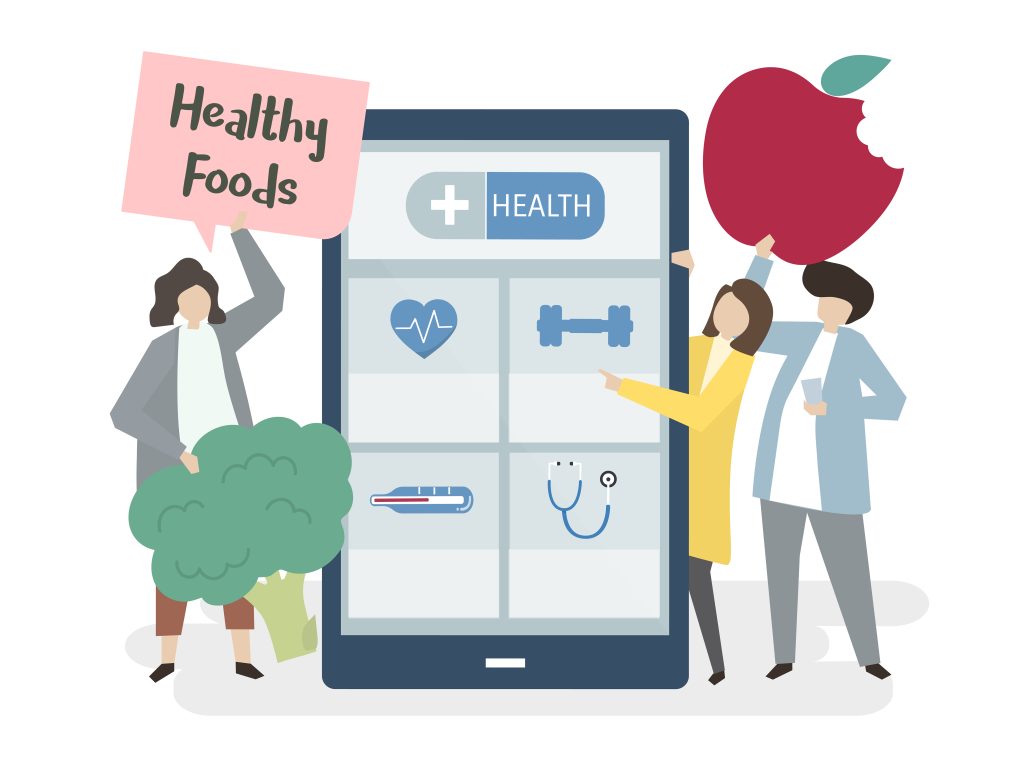Managing your own health properly needs certain structure, and that is where a personal health plan can turn the tide. A good plan is not just about goals; it synthesizes the physical, mental, and emotional components into day-to-day processes. This guide will help you understand how to create an effective personal health plan that will suit your own life. So, let’s explore the top 7 tips to create an effective personal health plan.
7 Important Tips to Create an Effective Personal Health Plan

1. Evaluate Your Current Health
Before you scan, take an inventory of your physical, mental and emotional self. There are also personal issues that have to be diagnosed more – stress, sleeping and eating disorders. The first step to developing a personal wellness plan is to have self- awareness.
2. Set Specific and Achievable Goals
It is more productive to set clear goals like instead of “eat better” set a goal like the “plan to eat vegetables in two meals every day.” Goals help your personal healthcare plan to be more practical as well as measurable.
Checkout: 7 Best Healthy Habits to Teach Your Kids
3. Design a Balanced Nutrition Plan
One of the main aspects for a wellness plan is nutrition. The students should meet their meals from a balance of whole grains, lean proteins, fruits, and vegetables. Make it as versatile as possible so you can apply it during the upcoming busy day or during a social event.
4. Prioritize Movement and Exercise
Sports are an essential element of human body functioning. This should comprise of; Aerobic exercises like gym classes, Stretching including taking normal walks or stretching during working breaks. Make sustainable healthy eating plans a part of your daily life, so that the adjusted healthy eating plan is yours.
5. Focus on Sleep Hygiene
Adequate rest is very helpful to the wellbeing of the human mind and body. Set and maintain a pattern of what you would do before going to bed and rising up from bed. The life change plans you need to come up with for your personal wellness plan should include things such as no screen time before going to sleep and other things such as regular sleep schedules.
6. Manage Stress Effectively
Stress is an enemy of the health management process. Professionally, integrate interventions such as stress producers which include mindfulness, prayer, or writing into the comprehensive individualized health promotion plan. Thus, it needed to develop effectively where both acute and chronic stress were necessary.
Checkout: The Role of Nutrition in Mental Health: A Comprehensive Guide
7. Update and Refine Your Plan
It is equally important to note that your personal health plan should receive amendments as you undergo a variety of changes in life. It is recommended be reviewed every 3-6 months to check for bankability to your current needs or plans. Pervasiveness of the problem makes adaptability of the utmost importance for building long-term success.
Why a Personal Health Plan is Important?
A personal health plan helps an individual have a guideline of how they are going to achieve a dream health status. It guides you continually and enables you to monitor your progress, as well as create and maintain improvements. Research has revealed that those people who have outlined eating and exercises programs work harder to ensure they attain their health objectives. You may be wondering how you can begin.
Insights and Data
The CDC has set a recommendation for exercise that for a healthy adult, one should take at least 150 minutes of moderate exercise per week. This article shows how it can be incorporated into your wellness plan and improve cardiovascular health.
Chronic diseases can be kept at bay by practicing sound sleep hygiene, says a study conducted and documented in the “Journal of Sleep Research.”
Practicing mindfulness can reduce stress by 23% from the research done in the “JAMA Internal Medicine.” Research has shown that practicing mindfulness can improve emotional health and including mindfulness to the list of items to do for good health will greatly improve personal health.


Checkout: Managing Stress: How Your GP Can Support Your Mental Wellbeing
Conclusion
Designing goals is only a part of the process; it is about designing an environment and program that will help you to become healthy. Utilize the headliner tips to cultivate a sensible healthcare plan, something that should undergo alternation every once in a while as required. That way, you are already one step ahead towards a healthier and happier lifestyle.
Don’t wait for the perfect moment to start your journey. Now that you know how to create an effective personal health plan, take the first step toward transforming your abstract goals into concrete actions.






